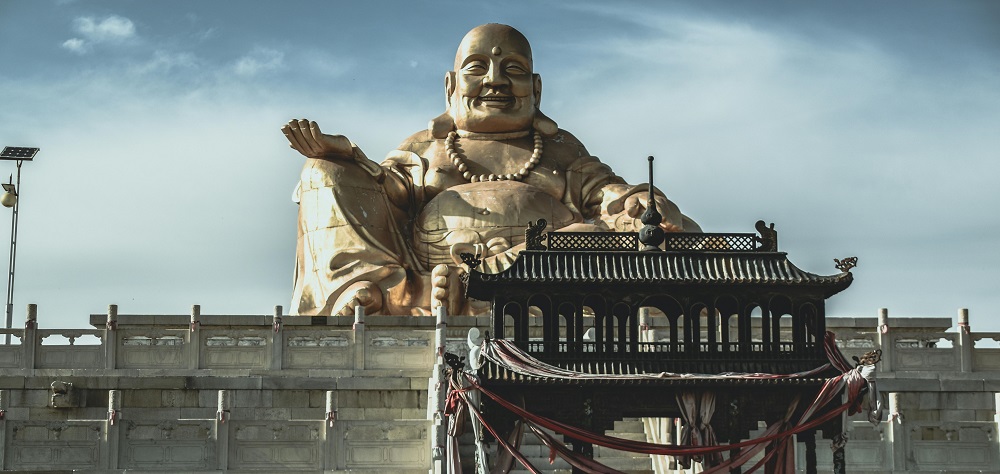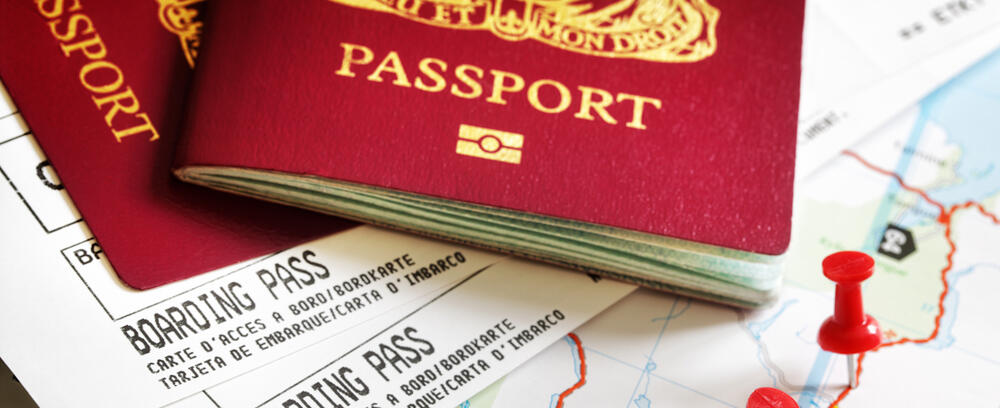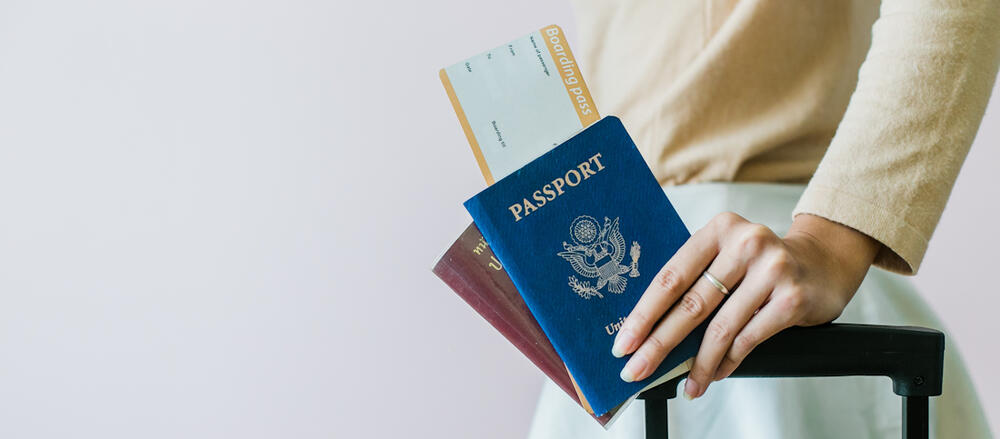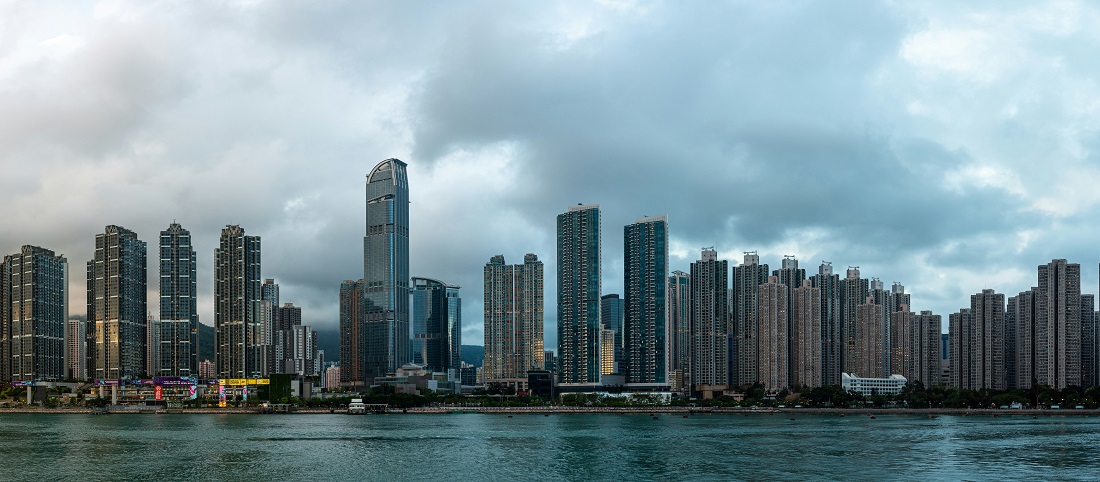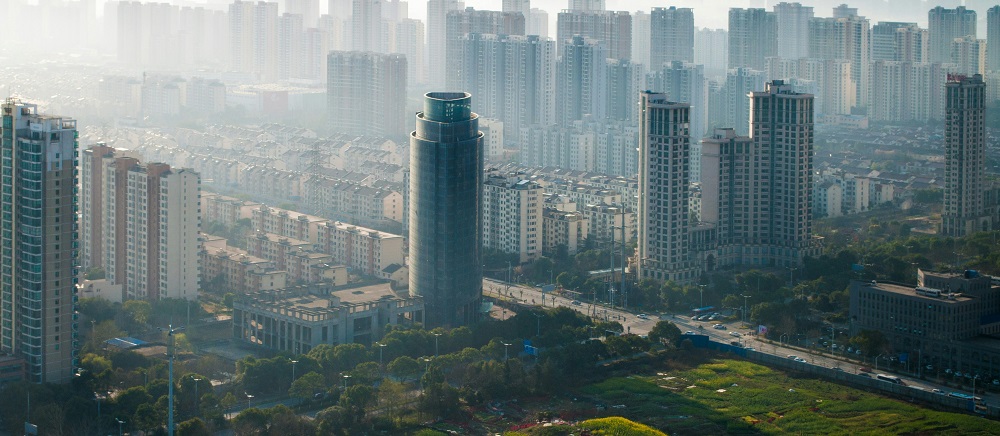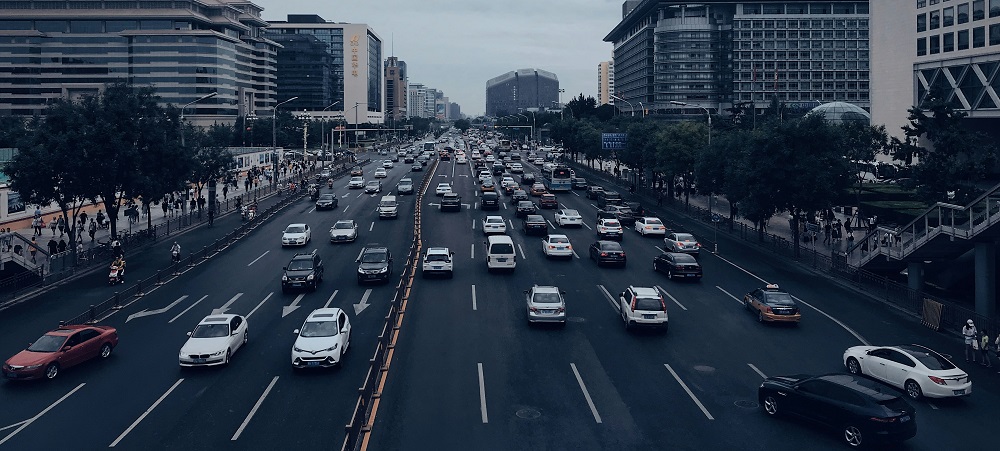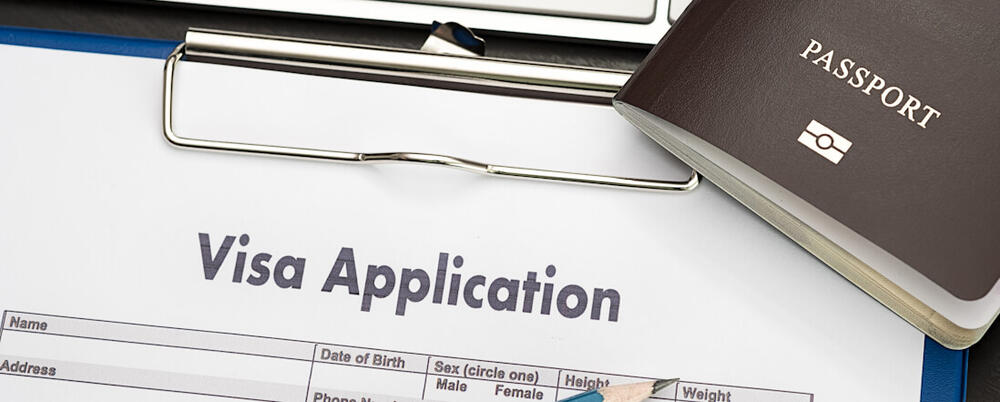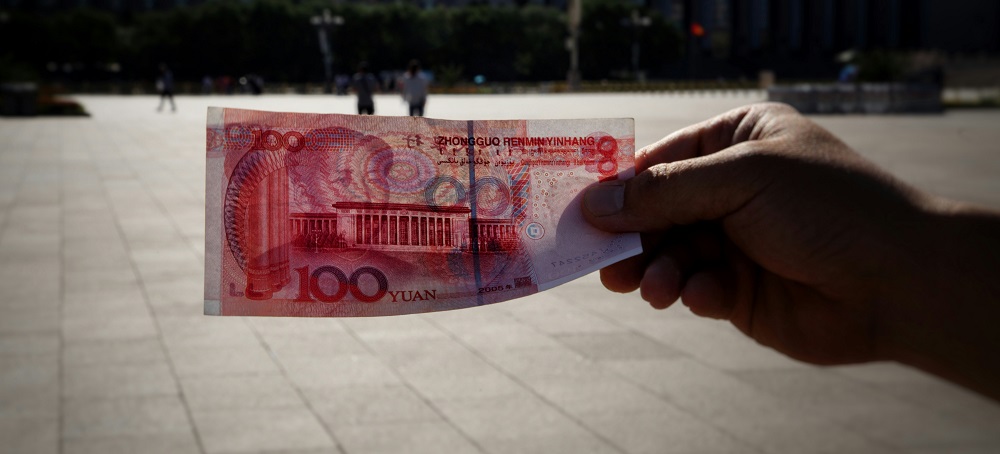Living in China as an expat
An East Asian powerhouse that stretches over a landmass almost as large as the entire continent of Europe, China offers foreigners an experience that varies greatly depending on where they end up.
Most expats picture the urban jungles of China's megacities, while others imagine the country's diversity ranging from bamboo forests to tropical rainforests, arid deserts to mountain ranges, rivers, and valleys. Whatever the destination, moving to China is an opportunity to experience a country that's both rich in history and focused on innovation.
The most popular places among expats living in China are Beijing, Guangzhou, Shanghai, and Shenzhen. Despite the influx of foreign workers, Chinese cities might not be as diverse as you'd expect, and as an average Westerner, you'll often have to adapt to a great deal of culture shock. Regional differences are also vast, and you will find variations in how things are done in different cities, from cuisine to housing regulations.
As a foreigner, you will likely have to contend with jostling crowds and tedious bureaucracy, but the luxuries of higher-than-average income and active expat communities contrast this. Many Western expats take a while to adjust to the fact that the government is involved in the lives of its citizens and actively censors materials it considers harmful to society. Keeping in touch with friends and family through typical social media platforms is a common hurdle to overcome.
While a way of life centred around traditional family structures and values persists amid the rapid development, China's economic growth has come at a price. Its problems with pollution and overpopulation are well documented. That said, as it enters the next stage of development, the country is moving away from industry and is now developing its service sector and improving its environmental sustainability.
Beijing City Guide
Shanghai City Guide
Guangzhou City Guide
Working in China

Thanks to its immense growth over the past few decades, China has continued to attract foreigners with specialised skills and advanced education to work in sectors like IT, finance, engineering, and sales. That said, competition for jobs has increased, and relocation packages have been driven down by candidates from elsewhere in Asia who are willing to work for less than most Western expats.
You'll need both a work visa and work permit to live and work in China legally. After entering China with a work visa (Z visa), you must apply for a work and residence permit and register your presence in the country with your local Public Security Bureau (PSB) office. Chinese visa and work permit processes can be complex, but your employer can usually help you navigate the local system.
Working in China
Visas for China
Chinese culture
Whether you're moving to China for business or to expand your horizons, you may find its unfamiliar culture, high population density, and language barrier challenging. Understanding the local culture in China can be an essential aspect of effectively managing the transition to the country.
Concepts like 'saving face' and guanxi are an important part of Chinese culture, and understanding them can help you catapult your career and social life in China. Try to avoid publicly embarrassing locals and focus on building personal relationships.
Chinese people are often welcoming and friendly, but local etiquette standards may be different from what Western expats are used to. The work culture in the country strongly emphasises hierarchy, so elders and senior associates must be respected.
Local Culture in China
Business Culture in China
Finding accommodation in China
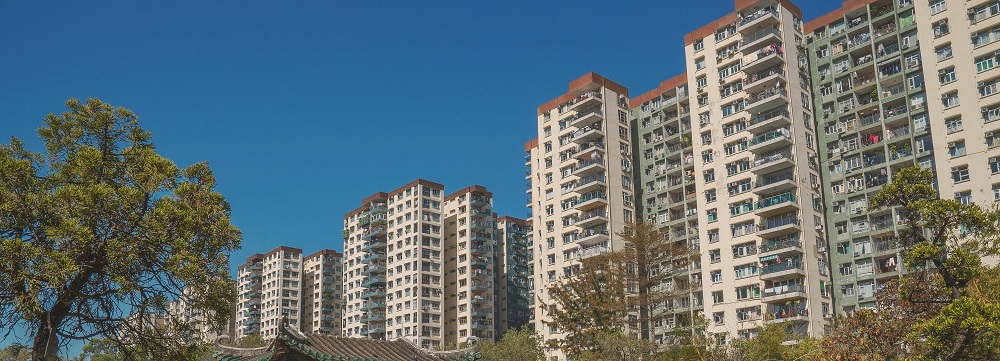
The quality of housing in China varies significantly, ranging from large luxury apartments to small apartments with no windows and a squat toilet. Most expat employers provide housing, making the move to China much easier. If you must go through the rental process alone, be prepared for high rental prices in cities like Beijing and Shanghai.
The rental market in China's large cities moves quickly. We recommend visiting online property portals frequently, securing a real estate agent and ensuring your documents are ready to ensure you can speed up the process once you find a property you like. Working with a relocation company can also significantly ease the pressure.
Advice on Renting Accommodation in China
Best Places to Live in Beijing
Best Places to Live in Shanghai
Best Places to Live in Guangzhou
Cost of living in China
Depending on your lifestyle, the cost of living in China can be very affordable. If you embrace a local lifestyle, you'll find everything from groceries and public transport to entertainment reasonably priced, but anything from abroad comes at a cost.
If your employer does not cover housing, it will likely be your largest expense. International schooling and private healthcare will also take a big chunk of your salary.
Although salaries are no longer as lucrative as they once were, building a solid nest egg while working in China is still possible if you live frugally.
Cost of Living in China
Living in China with children
China is a wonderful country for raising children, with many family-friendly activities to entertain them. As it tries to accommodate the expats in its borders, China has expanded its healthcare system to include facilities aimed at Westerners and its private hospitals are of a high standard.
Maternity and paternity benefits in China vary widely across the country's provinces. The country is actively working towards increasing birth rates, which has led to an increase in maternity and paternity leave benefits. Cities like Beijing and Shanghai offer 158 days of maternity leave, while the general duration of paternity leave is 15 days.
Healthcare and Medical Insurance in China
Finding a school in China
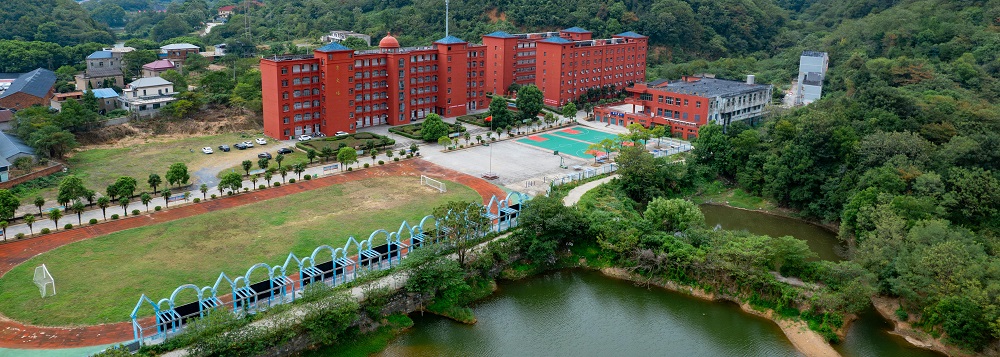
The standard of public education in China varies, but the country's curriculum was previously centred around rote learning. Recently, China has emphasised critical thinking and implemented new teacher training programmes to enhance curriculum delivery methods.
While Chinese schools generally teach in Mandarin, expats have access to world-class international and private schools, although these come at a price. Most of these schools teach globally recognised curricula, like the International Baccalaureate (IB), in familiar languages like English. Some offer country-specific curricula and languages, allowing children to continue learning in their home country's curriculum.
Schools and Education for Expats in China
International Schools in Beijing
International Schools in Guangzhou
International Schools in Shanghai
Getting around in China
Driving in China takes getting used to, especially because of almost constant traffic congestion and plenty of aggressive drivers. Many expats prefer the high-quality public transport in China, with its bullet trains, city subway systems and vast bus networks.
Getting Around in China
Climate and weather in China
China's large geographic size means its weather and climate vary significantly. The country is divided into subarctic, tropical, medium temperate, subtropical, and temperate climatic zones. Major cities like Beijing are known for freezing winters and warm summers. Shanghai has cold, rainy summers, while winters are generally cold.
Climate Charts for China
Fast facts
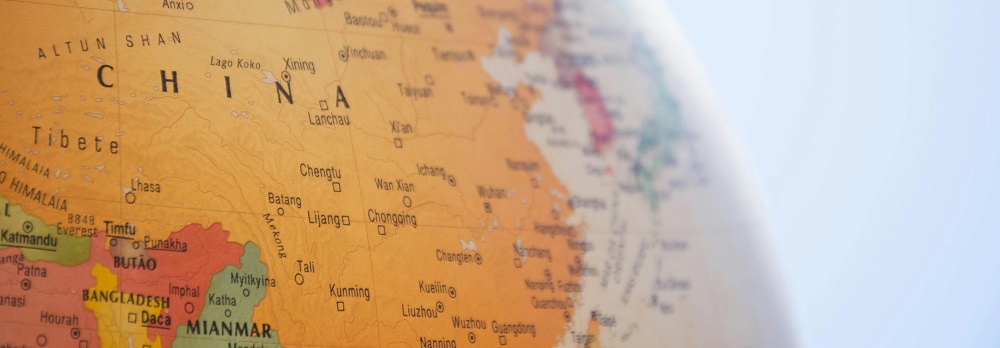
Population: Over 1.4 billion
Capital city: Beijing
Neighbouring countries: Covering a vast expanse of the Asian mainland, China's neighbours include Vietnam, Laos, and Myanmar to the south; India, Bhutan, Nepal, Afghanistan, and Pakistan to the southwest; Tajikistan, Kyrgyzstan, and Kazakhstan to the west, Mongolia to the north, part of Russia to the northeast, North Korea, South Korea and Japan to the east, and Taiwan to the southeast.
Geography: As the world's third-largest country by geographic size, China covers a vast landscape stretching around 3.7 million square miles (9.6 million square kilometres). Its diverse terrain includes high plateaus, sunken basins, mountains, desert and coastal regions. China is also home to Asia's longest river, the Yangtze.
Political system: Single-party socialist republic
Major religions: Buddhism, Taoism, Chinese folk religions
Main languages: Mandarin Chinese, with hundreds of local dialects
Money: The Renminbi (RMB), also referred to as the Chinese Yuan (CNY), is the official currency. It is divided into 10 jiao.
Time: GMT+8
Electricity: 220V, 50Hz. The most common plug type is the Chinese Standard three-pin plug (type I), but plug types A and C are also available.
Internet domain: .cn
International dialling code: +86
Emergency contacts: In most major cities, the emergency numbers are 110 (police), 120 (ambulance), and 119 (fire)
Transport and driving: Traffic drives on the right-hand side, except in Hong Kong and Macau. The country has an expansive national railway network, which includes high-speed trains. Public transport may be difficult for non-Mandarin speakers to navigate.



